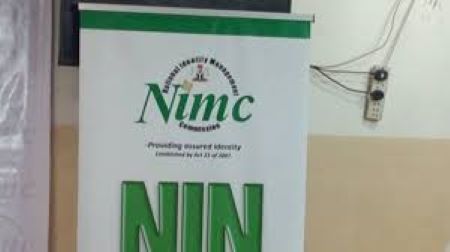The Federal Government has disbursed ₦330 billion in cash transfers to poor and vulnerable Nigerians through the National Social Safety-Net Coordinating Office (NASSCO).
Minister of Finance and Coordinating Minister of the Economy, Wale Edun, disclosed this on Wednesday in Abuja during a meeting of the Special Presidential Panel on Social Investment Programme.
He said the intervention is part of President Bola Tinubu’s efforts to cushion the impact of rising prices caused by ongoing economic reforms.
“We are pleased to report that the social protection programme, put in place as a safety net to help people cope with the rising price level, is now firmly back on track,” Edun said.
According to him, 19.7 million poor and vulnerable households, representing more than 70 million individuals, are captured in the National Social Register. Of these, 15 million households were targeted for the cash transfers funded by an $800 million World Bank facility.
So far, 8.5 million households have received at least one tranche of ₦25,000, while others have received two or three payments. The remaining seven million households are expected to be paid before the end of the year.
Edun explained that beneficiaries are verified through their National Identity Numbers (NIN), with payments made digitally via bank accounts or mobile wallets. He added that the programme will now be provisioned in the annual federal budget to ensure sustainability.
“We now have the basis for a modern social protection system that can provide targeted assistance to the poorest and most vulnerable on a long-term basis,” he noted.
The National Coordinator of NASSCO, Funmi Olotu, said payments were staggered because President Tinubu insisted on linking disbursements to NIN for transparency.
“No more traditional cash payments. All transfers are direct debit to bank accounts. That is why some households have received one, two, or three tranches already,” she explained.
She added that while the previous administration had planned to pay ₦5,000 monthly for six months, the scheme was redesigned to provide ₦25,000 monthly for three months.
Olotu further clarified that the National Social Register was developed in collaboration with the World Bank, built on over 40 socioeconomic variables, and free of political interference.


